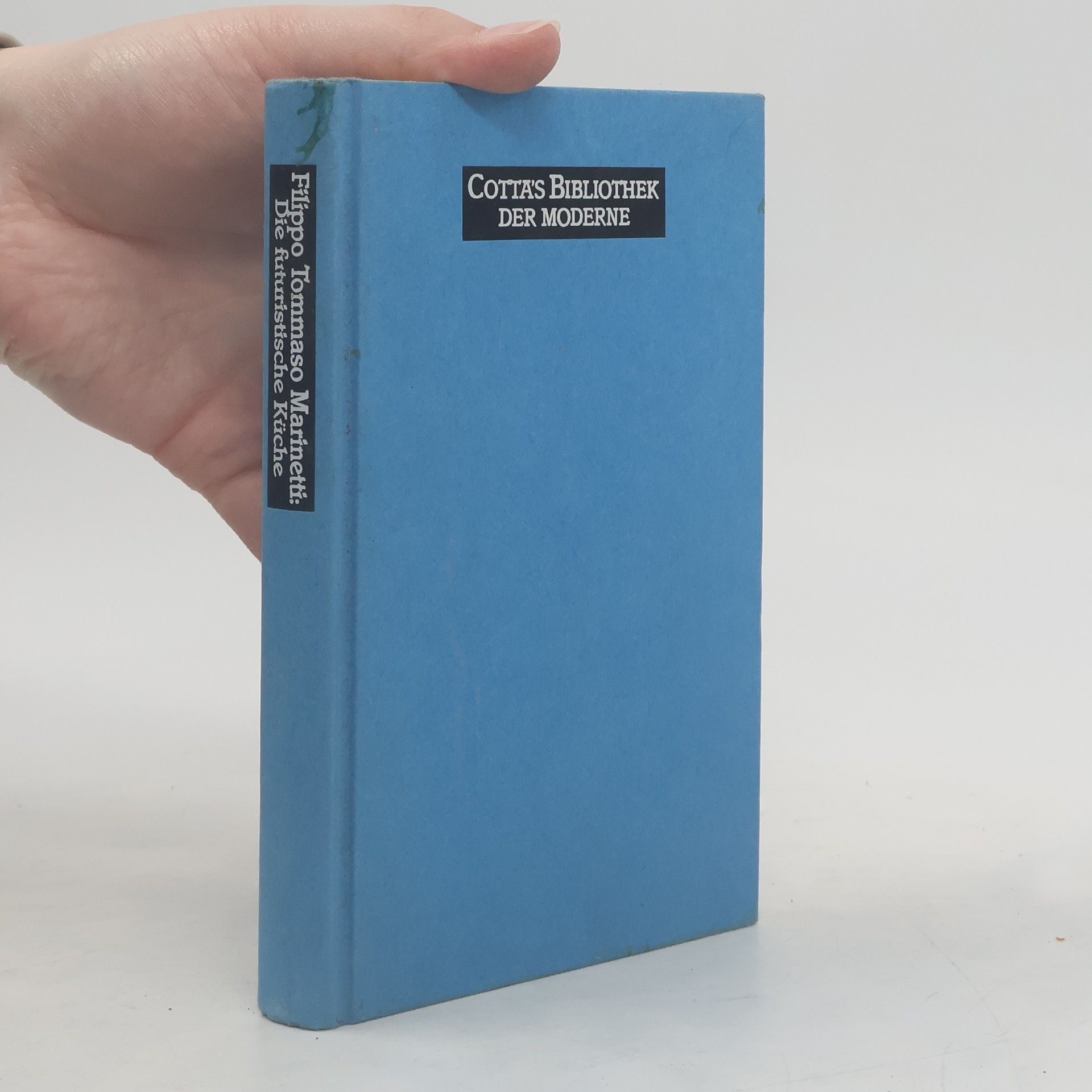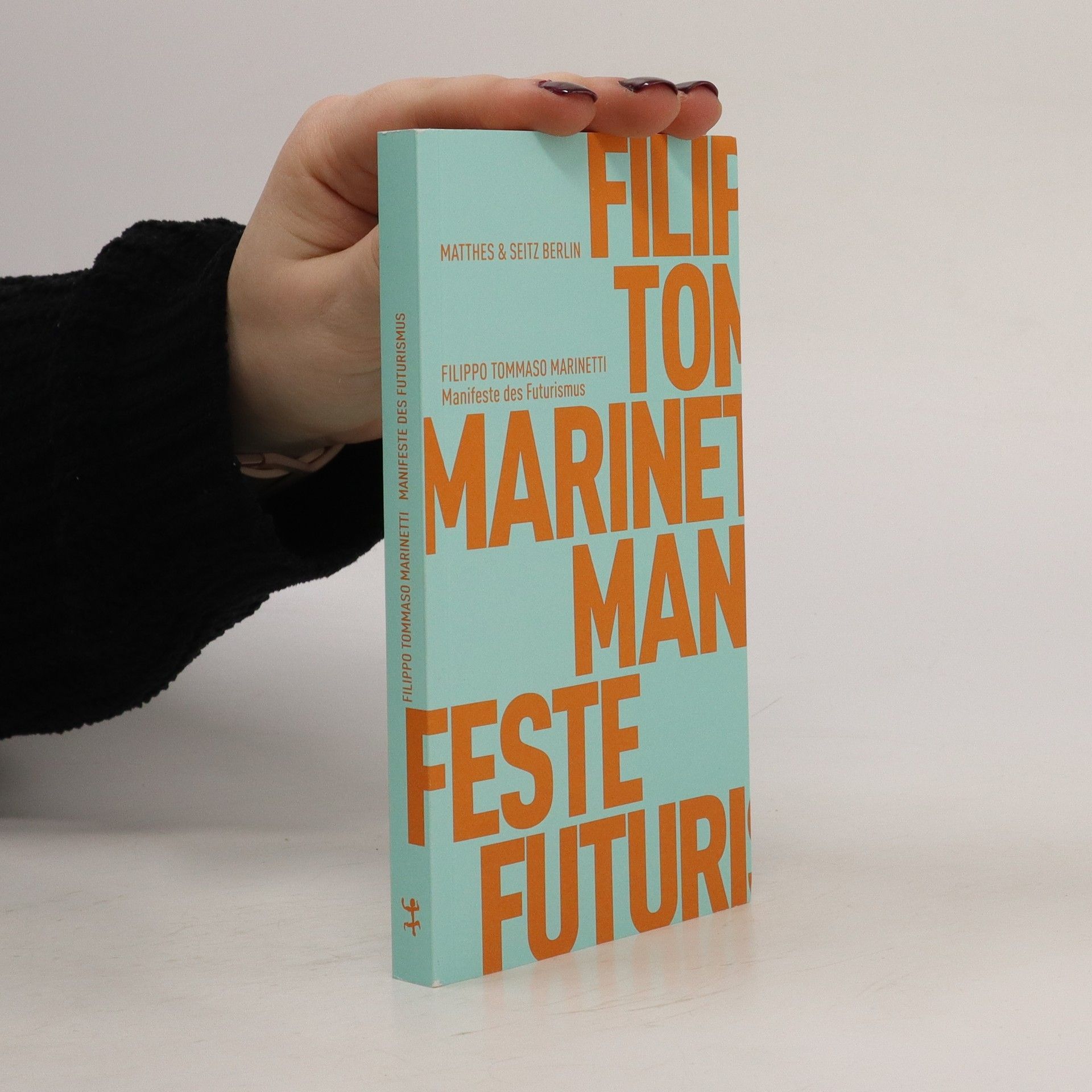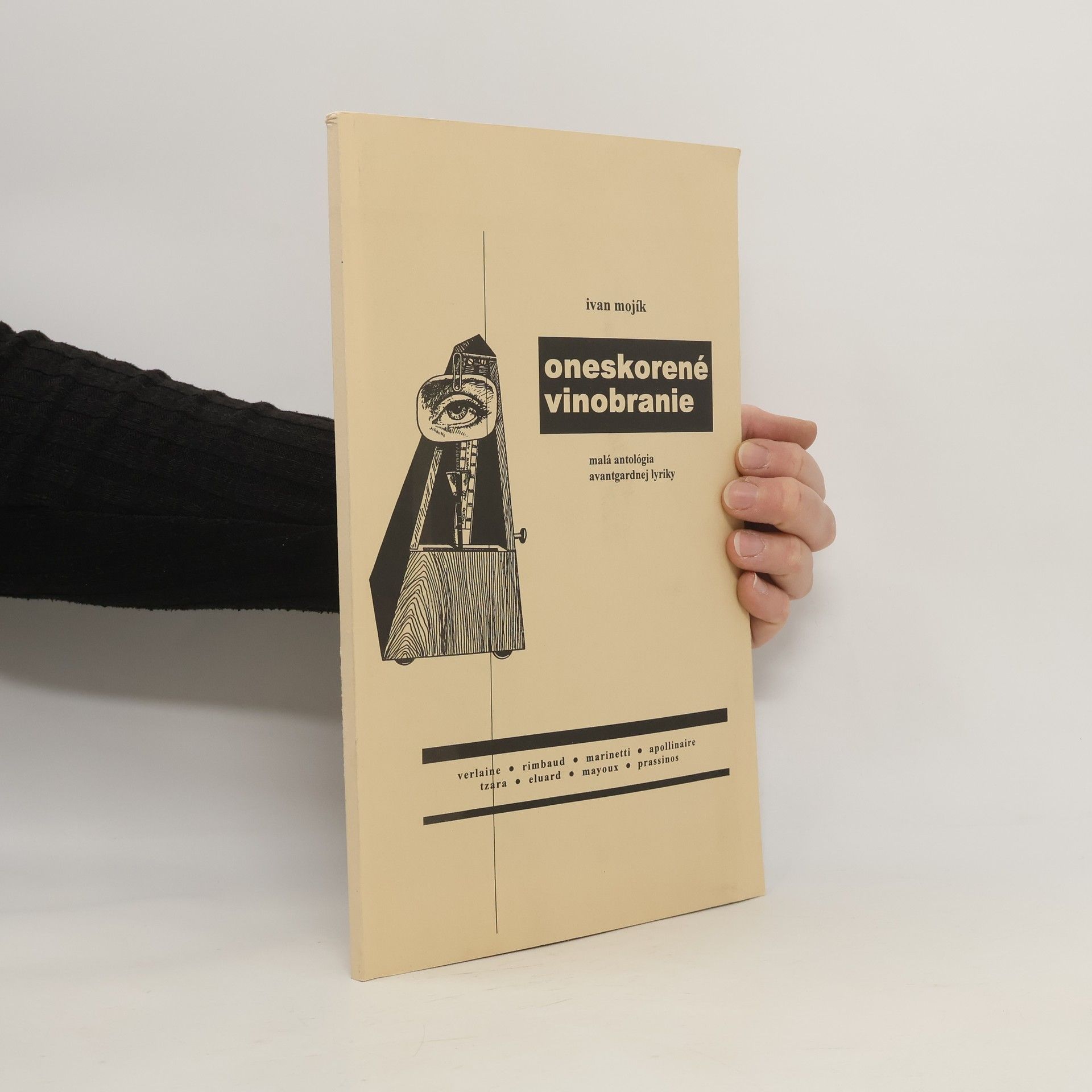Critical Writings
- 584pages
- 21 heures de lecture
The Futurist movement was founded and promoted by Filippo Tommaso Marinetti, beginning in 1909 with the First Futurist Manifesto, in which he inveighed against the complacency of "cultural necrophiliacs" and sought to annihilate the values of the past, writing that "there is no longer any beauty except the struggle. Any work of art that lacks a sense of aggression can never be a masterpiece." In the years that followed, up until his death in 1944, Marinetti, through both his polemical writings and his political activities, sought to transform society in all its aspects. As Günter Berghaus writes in his introduction, "Futurism sought to bridge the gap between art and life and to bring aesthetic innovation into the real world. Life was to be changed through art, and art was to become a form of life." This volume includes more than seventy of Marinetti's most important writings―many of them translated into English for the first time―offering the reader a representative and still startling selection of texts concerned with Futurist art, literature, politics, and philosophy.







